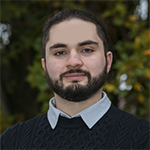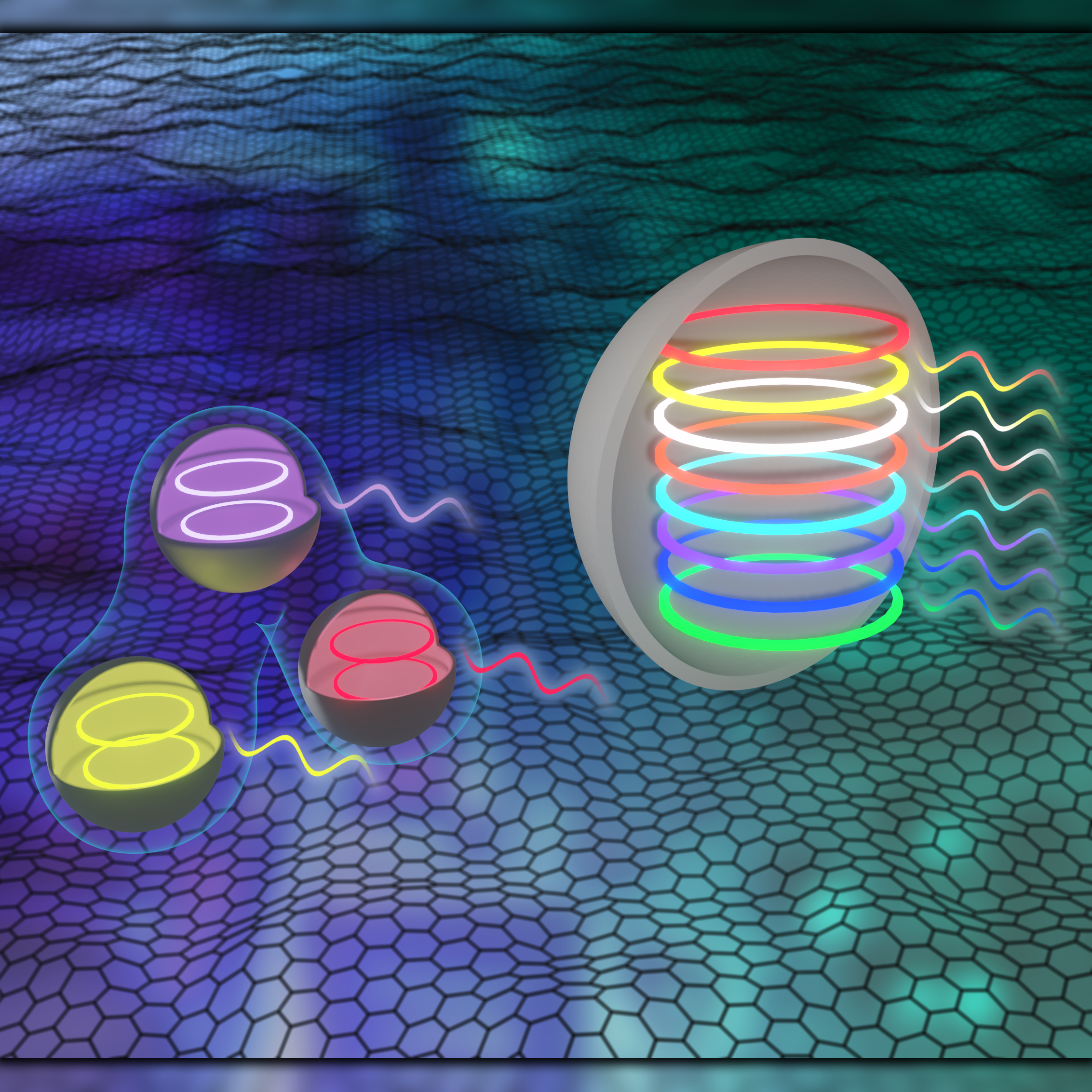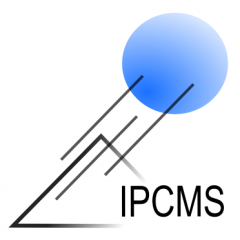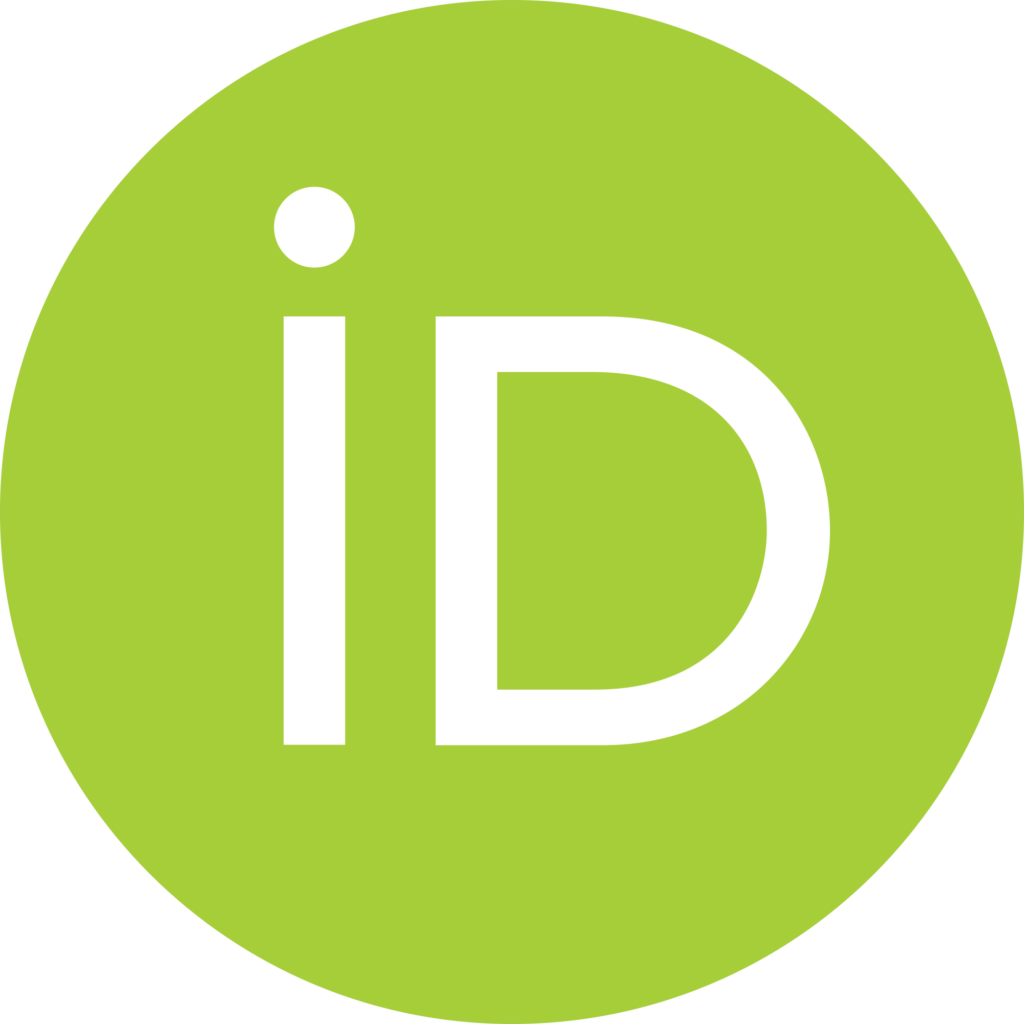
Current Research

Study of the Hyperfine Interactions in Lanthanide-Organic Complexes for Quantum Information Processing

Qudits vs. qubits : Conditions on Gate Efficiency
One of the big challenges in the field of quantum computing is to increase computing capacity by increasing the number of qubits. Scientists are therefore exploring an alternative called qudits, which are similar to qubits but with more than two available levels. However, due to these additional levels, they may have more paths vulnerable to errors. The objective of the study is therefore to investigate whether qudits are still competitive with qubits for handling errors arising from the environment. The study showed that qudits can be a promising option for quantum information processing in the future, especially if associated with specialized error correction methods.
University Background
2020 – current : PhD Student | IPCMS | Department of Ultrafast Optics and Nanophotonics | QDYNO Group
Supervisor : Paul-Antoine Hervieux
Cotutelle : Mario Ruben, KIT, Karlsruhe, Germany
2019 : M1 Internship | Faculty of Physics – University of Basel | Condensed Matter Theory & Quantum Computing Group | Supervisors : Prof. Dr. Daniel Loss – Dr. Marko Rancic
Links
Academic Background
2018 – 2020 : MSc Condensed Matter and Nanophysics | University of Strasbourg
2016 – 2018 : BSc in Physics | University of Strasbourg
2016 – 2017 : Two-years degree Mathematics & Physics | University of Strasbourg
2015-2016 : Prep Classes for Engineering Schools : Physics & Chemistry| Lycée Kléber, Strasbourg
2015 : High School Diploma | Lycée Jean Mermoz, Saint-Louis



